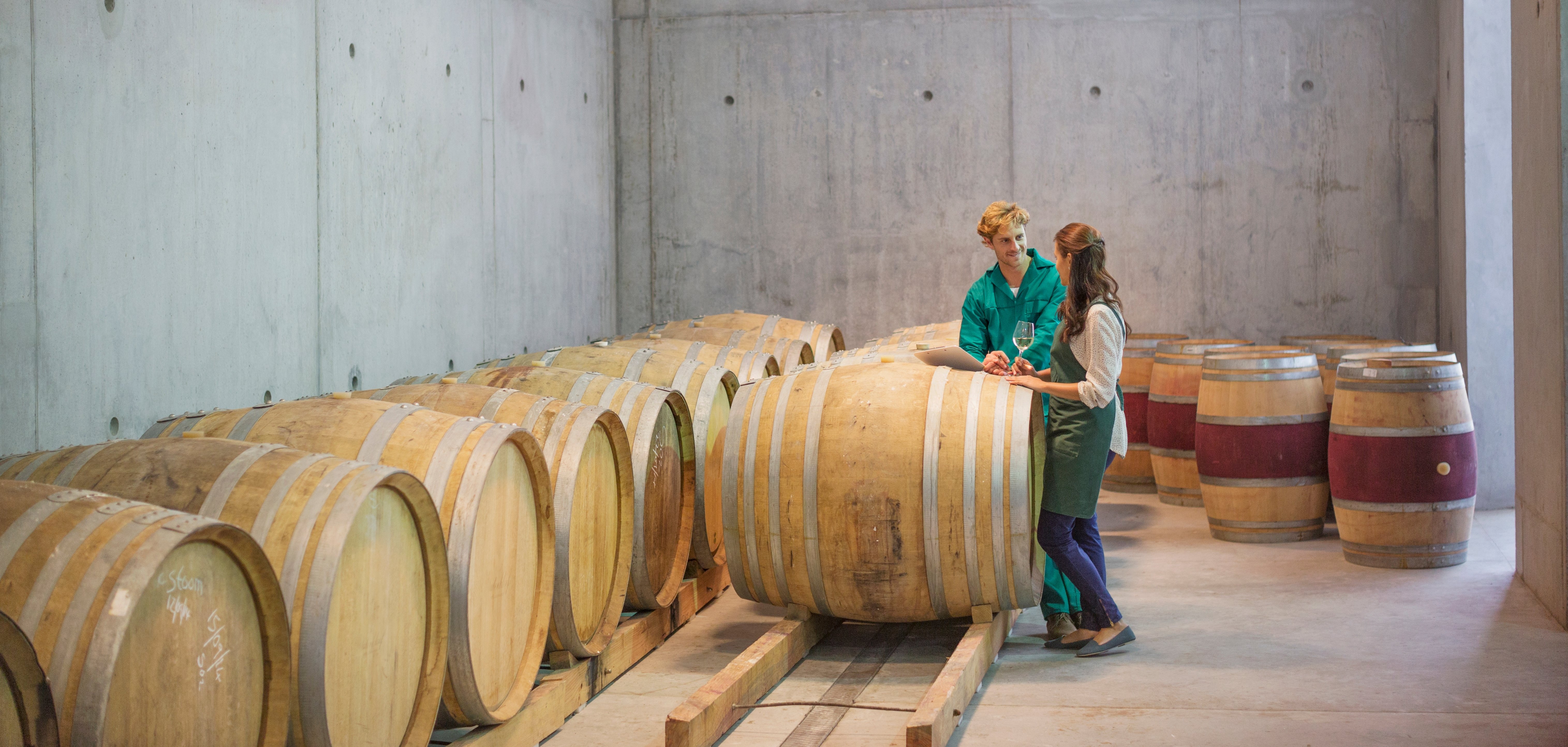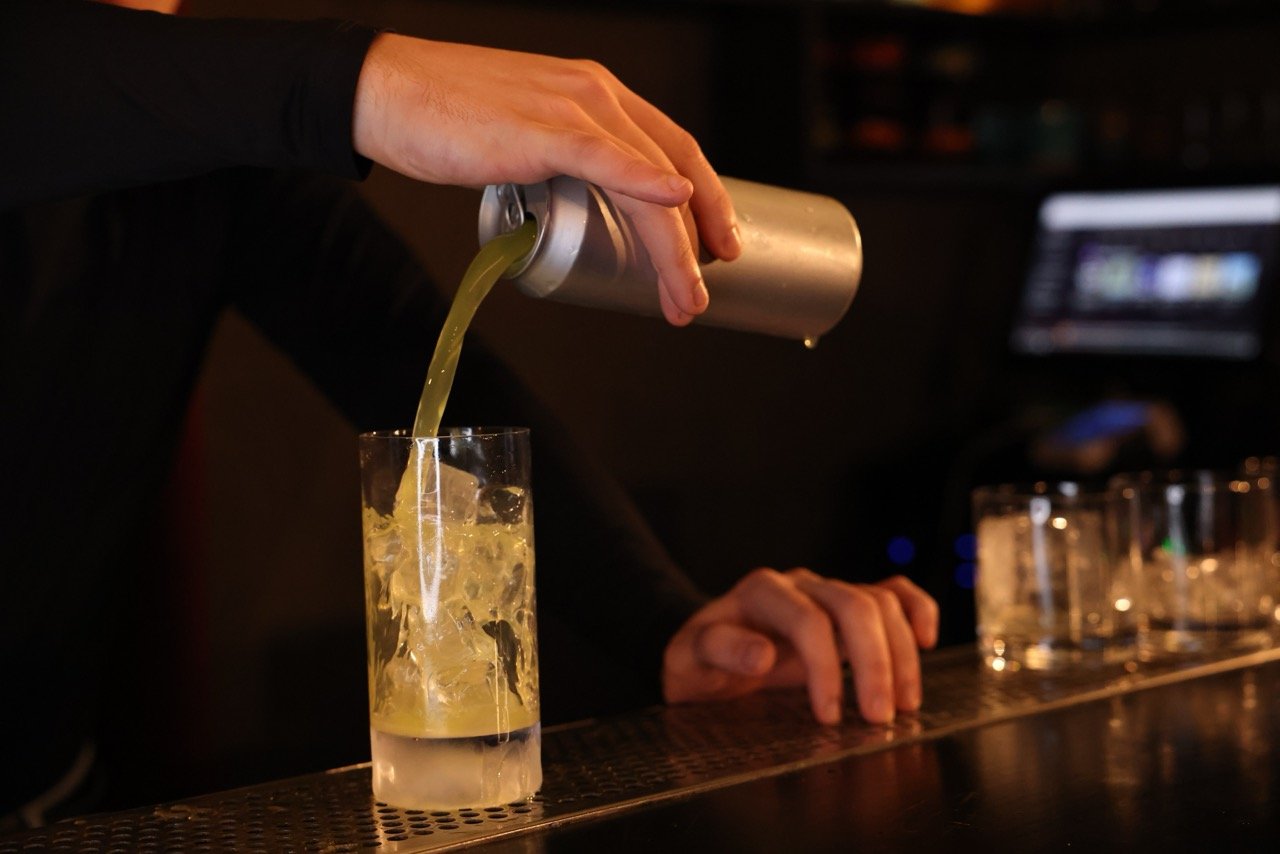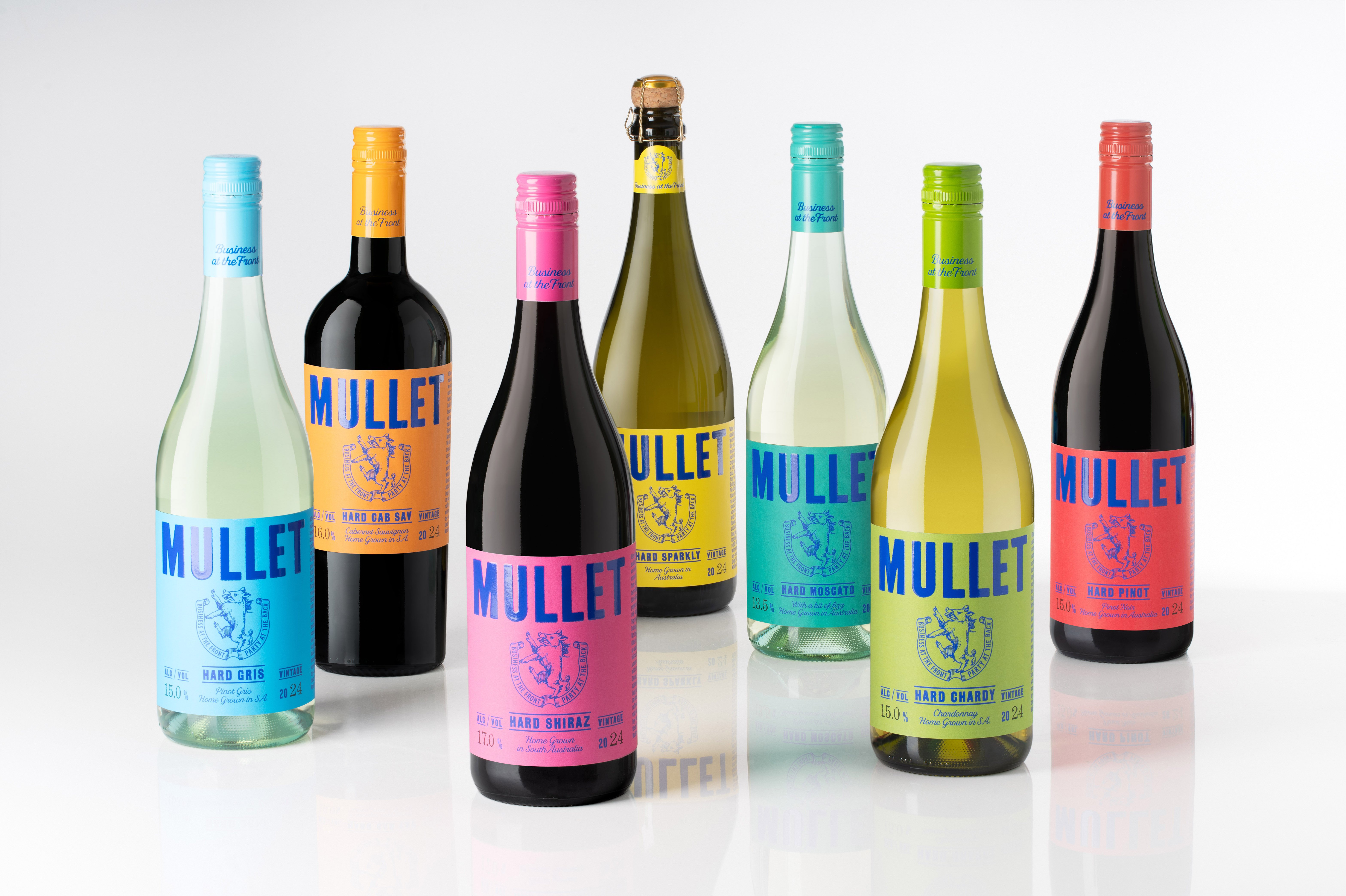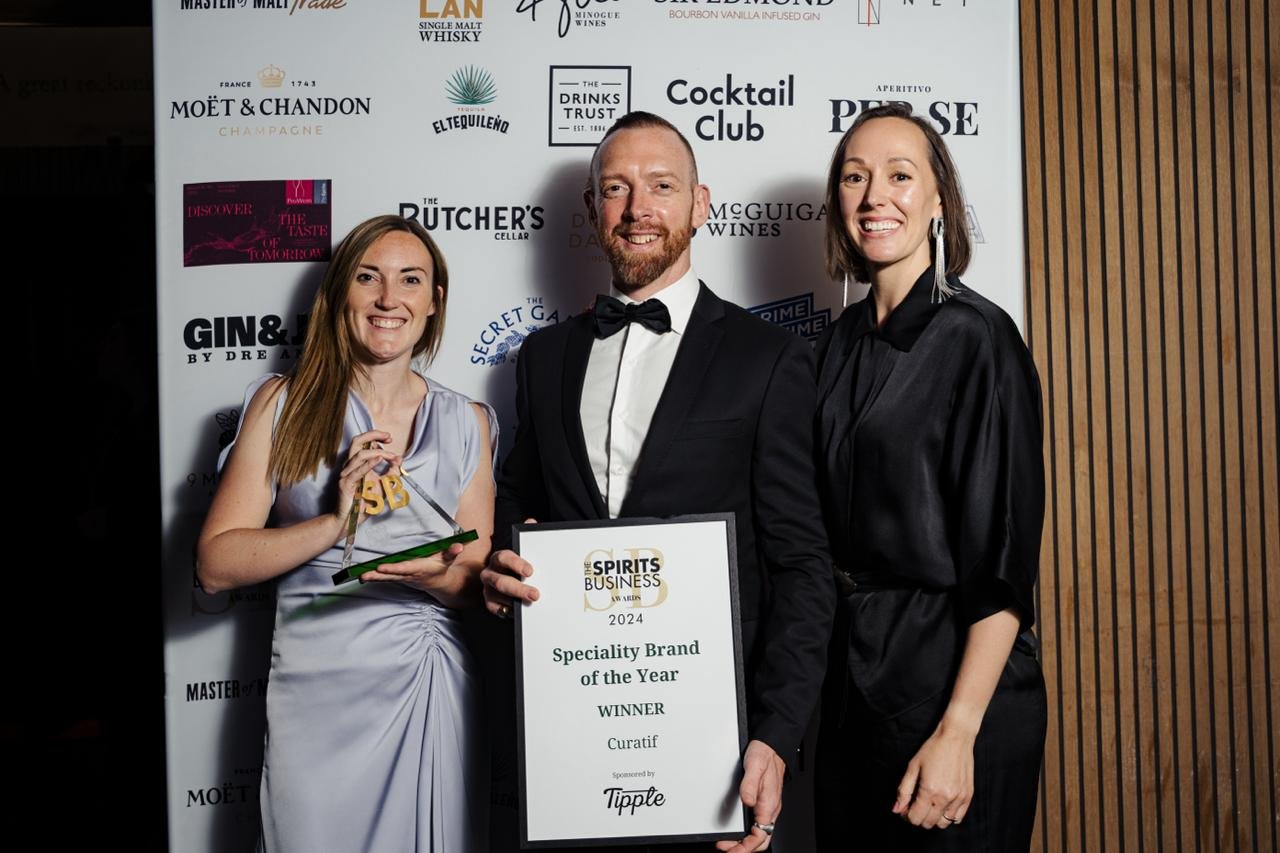Drinks bulletin speaks to prosecco legends Michael Dal Zotto (pictured left) of Dal Zotto Wines and Ross Brown (pictured right) of Brown Brothers on the current state of the Australian/Italian prosecco debate.
As part of the up-and-coming negotiations for the Free Trade Agreement between Australia and the European Union, Italy wants to reignite the prosecco geographic indicator debate, attempting to stop Australia from using the term and ultimately putting the state of our local prosecco industry under threat.
The debate is exceedingly complicated, as there is both a town named Prosecco in Italy, while prosecco has long been used as a name for a grape variety. However, back in 2009, Italy started calling the (prosecco) grape varietal ‘Glera’, and claimed the region of Prosecco as a Geographical Indicator (GI) within Italy - which, like champagne, means they believe ‘Prosecco’ should be protected for use by producers only from that region.
While the Winemakers’ Federation of Australia successfully fought a 2013 Italian attempt to register prosecco as a GI in Australia, it's feared another legal challenge is looming.
The experts talk
Australia's prosecco industry is currently worth $60million, with that figure expected to jump to $200million in the next few years. If Australia is no longer allowed to use the term prosecco, the entire industry could crumble.
Leading experts in the prosecco industry, Ross Brown of Brown Brothers and Michael Dal Zotto of Dal Zotto Wines have shared insights into the current state of prosecco in Australia, and what might happen if Italy wins rights to the name.
Dal Zotto, now co-owner of Dal Zotto Wines, believes the ban on the name would be disatrous.
“If the Italians get their way and Australia is no longer allowed to use the term prosecco, it would be devastating,” he said. “It would hit us hard because we have grown enormously since we first planted prosecco in 1999. We have used prosecco as a means to grow our business, so it would be pretty scary to lose all of that.”
Dal Zotto's father, Otto Dal Zotto, was actually the first to plant prosecco variety commercially in Australia 18 years ago, and since then the Dal Zotto family has thrived in the industry.

Dal Zotto's prosecco needs to be filled to the rim. Source: Go Mighty
“We are looking at a sector of the market that has grown by 50% in the last 12 months and to lose the ability to be able to call the variety by its name would be extremely detrimental,” Dal Zotto adds.
Likewise, Ross Brown, Executive Director at Brown Brothers, reflects on the complexity of the issue.
“To contemplate not being able to use ‘prosecco’ as a grape variety would be the same as not being able to use ‘Sauvignon Blanc’ or ‘Chardonnay’,” he says. “The customer in Australia is accustomed to ordering wine by grape variety and this is the way we have launched, promoted and accepted the ‘prosecco’ name for almost 20 years."
Should prosecco be treated like Champagne?
Both Dal Zotto and Brown adamantly believe that the prosecco debate is not the same as French Champagne.
“I don’t think the Italians have the same right as the French in this case. Everyone always knew you made Champagne from Chardonnay, Pinot Noir, etc. With prosecco, people never spoke about Glera until 2009. Prosecco was made from prosecco no matter where it came from,” explains Dal Zotto.
Similarly, Brown believes the discussion of prosecco having similarities to French Champagne is ‘nonsense’.
“Champagne has always been known as a region over generations, with strict rules of compliance to GI values and a method of making revered by the consumer,” says Brown. “‘Prosecco’ is a grape variety claimed by the Italians through commercial expediency with none of the GI truths associated with Champagne.”
Contradictions of ‘prosecco’ as an Italian GI
Brown highlights the illogicality and contradictions at play with regards to marking the Prosecco region in Italy as a global GI.
“The Italian industry claiming ‘prosecco’ as their own is a ‘sleight of hand’ and the name they have given ‘Prosecco’ is Glera, which has no historical use and has been purely invented for their convenience,” argues Brown.
“GI for wine is about giving the consumer some guarantee of fruit sourcing and also quality standards.
“Since the Italians declared their prosecco a GI, they have accepted that at least 20% is not grown in the region, have expanded the region for commercial convenience, and in the last 12 months further expanded the sourcing of their grapes as a result of a poor viticultural season.
“The biggest risk to the Australian industry right now is through this Italian expansion of the GI, the quality has declined and there is very little integrity. Prosecco is definitely in danger of being damaged by the Italians uncontrolled expansion,” he warns.
What should the industry do if the term prosecco is banned?
Brown suggests winemakers do not simply revert to the term ‘sparkling wine', as “the naming of sparkling wine Australia has a bigger issue because, traditionally, Methode Champenoise in Australia is grouped together under Sparkling Wine."
“Ideally the industry should have a name for sparkling wine that recognises the traditional process so that it can be clearly distinguished from ‘prosecco’ and have its own image and prestige,” says Brown.
Dal Zotto adds: “I was interested to see that the original families of Prosecco, including Bortolotti, Canevel and Bisol, are no longer putting Prosecco on their label. Instead, they are moving to just having ‘Valdobbiadene-Conegliano’ as means to differentiate."
Both seem relatively hopeful that prosecco varietal can find a way to distinguish itself if Italy wins the debate.
Brown Brother's delicious drops aren't going anywhere.
What chance does Italy have of winning?
Brown is optimistic that there is no valid reason for Italy to win, stating that “meetings with Federal and State politicians have strongly assured the Brown family that the use of ‘prosecco’ by Australian producers will remain a priority in their negotiations.”
“Given the future significant opportunity of Australian ‘prosecco’ they are fully aware of the potential value of the category to Australia.
“This is not the first attempt by the Italians to claim ‘prosecco’ as their own. In 2013, the EU lodged a GI claim in Australia for ‘prosecco’. Australian winemakers successfully objected to the EU’s claim and retained Australian producers’ rights to use ‘prosecco’ as a grape variety,” says Brown.
Share the content











